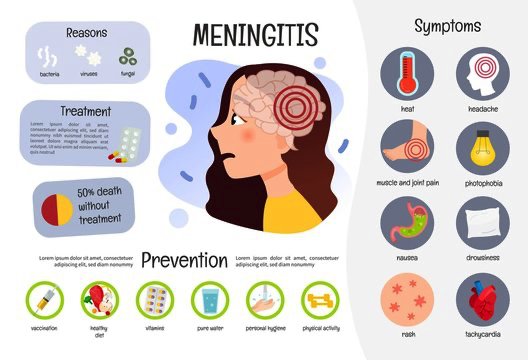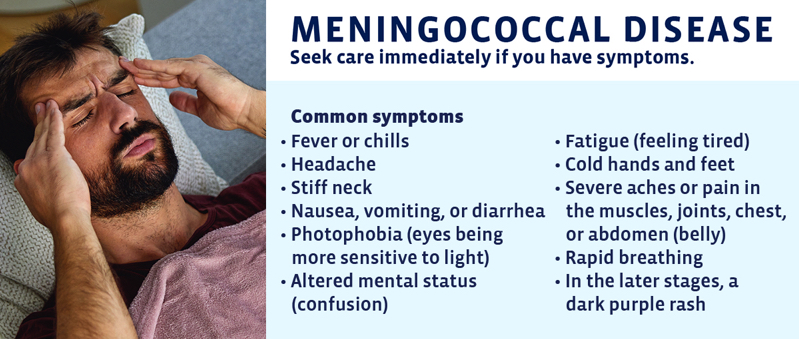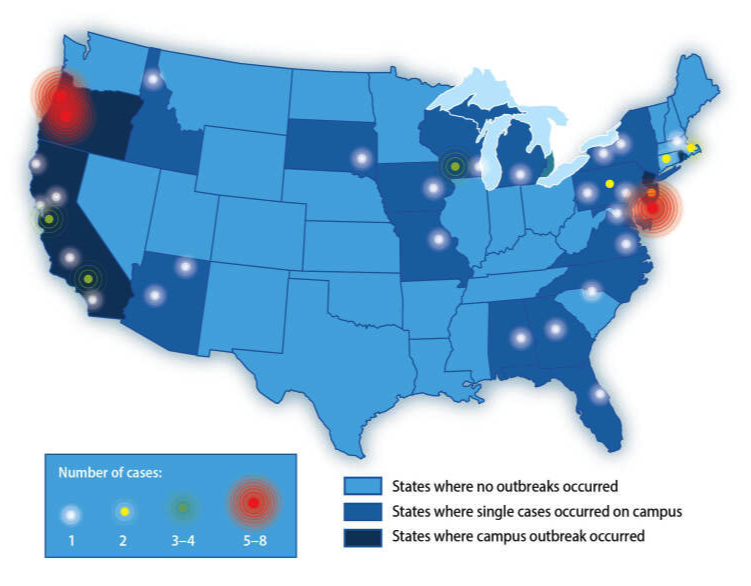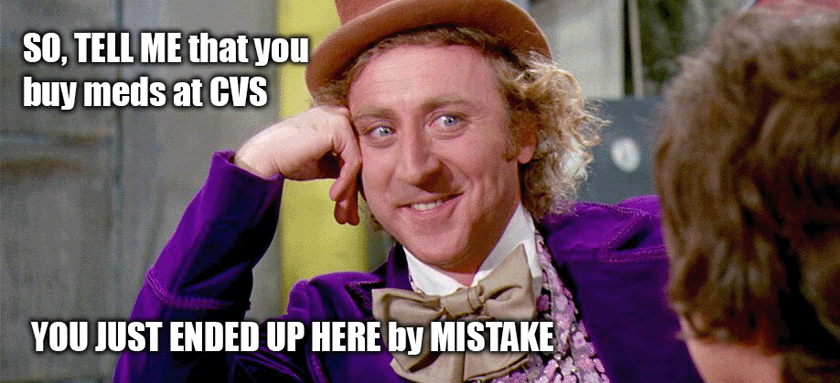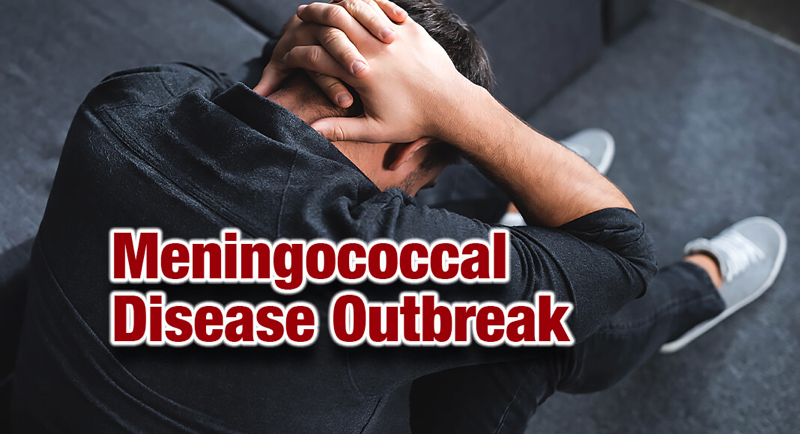
Florida is very popular for visitors and locals alike. You name it and the sunshine state has it. From sandy beaches with breathtaking water, great temperatures, beautiful sunsets, fine cuisine, marine life, popular nightlife, and much more. Florida locals have a unique personality that welcomes newcomers to their state.
However, increased health news reports from Florida continue to recover from the recent pandemic as other diseases start to emerge. In particular, meningococcal disease is making sweeping headlines in Florida. Learn more about meningococcal disease and how it has an impact on people by continuing to read more details below.
What is Meningococcal Disease?
According to the Centers for Disease Control and Prevention (CDC), “meningococcal disease is caused by Neisseria meningitis.” It.is a rare, but serious disease that can have an impact on both children and adults. Neisseria meningitis is a bacterium causing the infection that leads to meningococcal disease.
Medical research has shown the disease has a high mortality rate if left untreated. Statistics show the mortality rate is 10-20% out of all diagnosed cases. Many teens and pre-teens are vaccinated against meningococcal disease for protection. More importantly, the disease is very infectious and can require critical care medicine.
What are Symptoms?
If left untreated, meningococcal disease can be life-threatening. Each individual will have different symptoms as a result of the disease. Children, the elderly, and the immunocompromised are more likely to have severe effects from the disease.
A few symptoms of meningococcal disease. to name a few include:
- flu-like symptoms, altered mind
- stiff neck, seizures
- loss of appetite, muscle/joint pain
- irritability, fatigue
If you suspect you or a loved one has the meningococcal disease or experiencing symptoms, talk to your doctor right away for more details. Online pharmacy reviews 2022 also have more details on the disease.
How Is Disease Contracted?
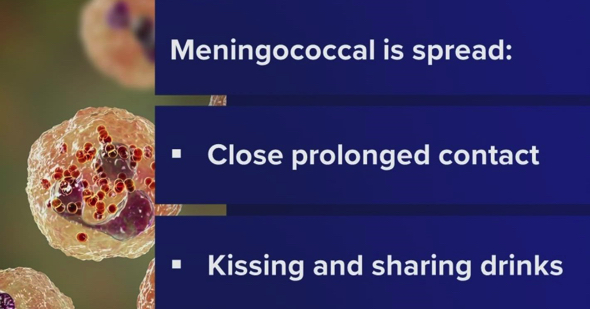
Meningococcal disease is commonly spread among people in the following ways:
- coughing
- sneezing
- kissing
- eating utensils
- sharing toothbrushes
Top 3 Complications from Meningococcal
As a result of meningococcal disease, there are serious complications that can occur and be life-threatening. The complications are what increase the chances of fatality. The following three complications associated with meningococcal disease have had the most life-threatening effects.
Sepsis
According to Dr. Gerald Harris from Your Health online, “sepsis is a response to the infection of meningococcal disease.” Sepsis can occur anywhere from any infection. Sepsis can have an impact at any age. Sepsis should be treated by a doctor right away to avoid life is threatening results.
Brain Damage
Brain damage occurs from meningococcal disease when the infection causes inflammation of the brain. It’s often a result of viral meningitis. Patient’s can develop headaches, fever, or even become delirious or mentally unstable. Brain damage is almost impossible to reverse.
Gangrene
Gangrene can occur from infection. caused by meningococcal disease. The disease begins to have an impact on the tissue and limbs of the body. Once gangrene occurs it may be necessary to remove the infected limb or area of tissue. This can lead to serious skin issues and loss of limbs as a result of the disease ravishing the body.
Take a look at the short video clip below to learn more about the meningococcal disease outbreak in Florida.
Meningococcal Disease: Florida
The Florida meningococcal disease outbreak has spread among male gay men. (men who have sexual intercourse with other men). Data shows, that half of the men who have been diagnosed with meningococcal disease are Hispanic and living in a specific Florida region, but some diagnosed cases have been men that have traveled to Florida.
The outbreak in Florida is from a select group from the meningococcal class of bacterium identified as serogroup C. College students in Leon County, Florida is being advised to get the meningococcal vaccine. to protect against the spread of the disease in a mass community.
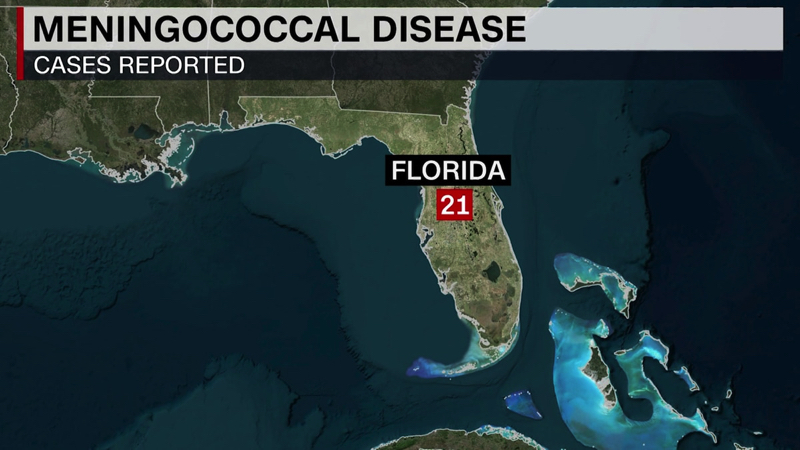
If you believe you’ve been in contact with someone with the disease, talk to your doctor right away. You can also do a Google search for online pharmacy reviews 2022 content for more tips and ideas on how to avoid the risk of contracting the disease.
What Is Meningitis?
Meningitis is another common form of Meningococcal disease. It can be contracted through the ears, sinuses, or contact with bodily fluids like feces, saliva, or mucus. Another way to get the disease is through parasites, fungi, viruses, and even trauma. Meningitis can also be caused by influenza and herpes virus. In mild cases, it can clear up on its own in 7 to 10 days.
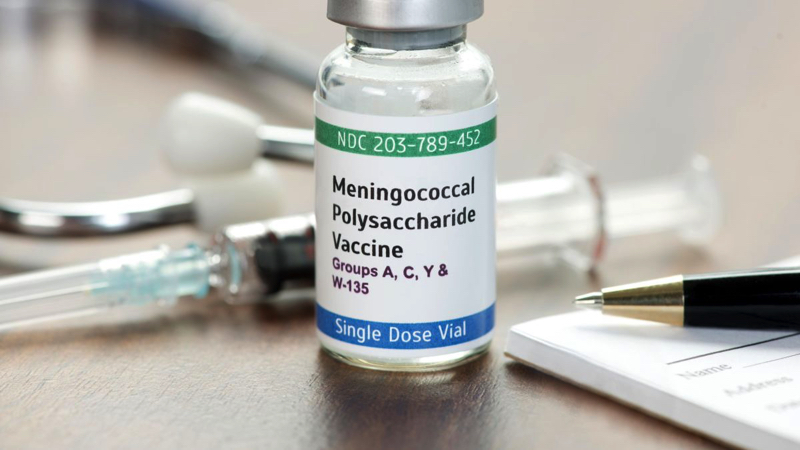
Antibiotics are used to treat severe cases of meningitis, but the meningococcal vaccine is your best defense against a life-threatening infection as a result of contracting the disease. Talk to your doctor right away if you or someone you love have been in contact with a suspected infected individual.
Lower Risk of Contracting
Medical experts have said good hygiene can lower your risk .of contracting meningococcal disease. For example, you should wash your hands regularly, avoid contact with someone infected with the disease, and never share personal care or hygiene products like toothbrushes.
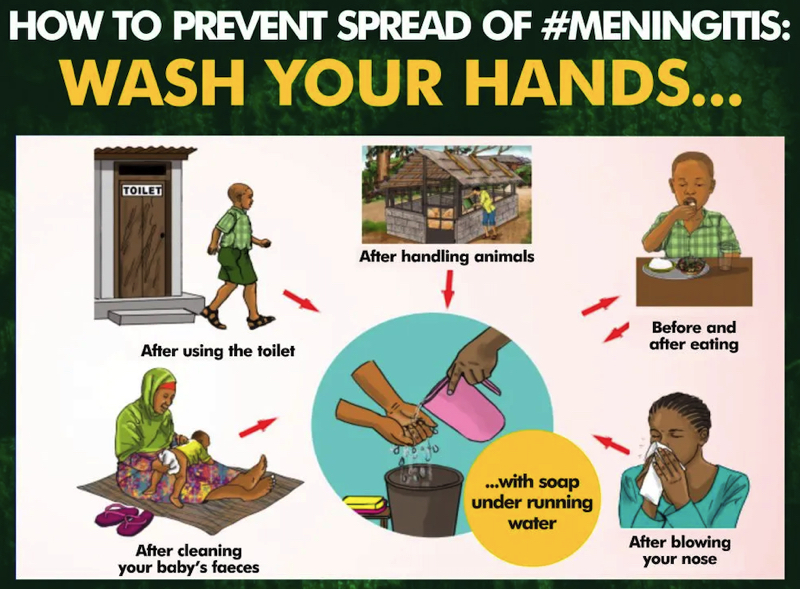
If you’re a sexually active gay male in Florida, safe sex is highly recommended. including possible vaccination. Talk to your partner if you’ve been diagnosed with the disease which allows them to test for the disease. Online pharmacy reviews 2022 blogs discuss more details on testing and treatment options.
Conclusion
Meningococcal disease can have a very life-threatening impact on the individual when left untreated and can be harder to treat with antibiotics. You should practice good hygiene. and avoid anyone you believe has been in contact with or diagnosed with the disease.
Children should be vaccinated as soon as they’re 9 years old, but by 16 to protect them against future contact with the disease. Your doctor can talk to you about your vaccine options against the disease.

